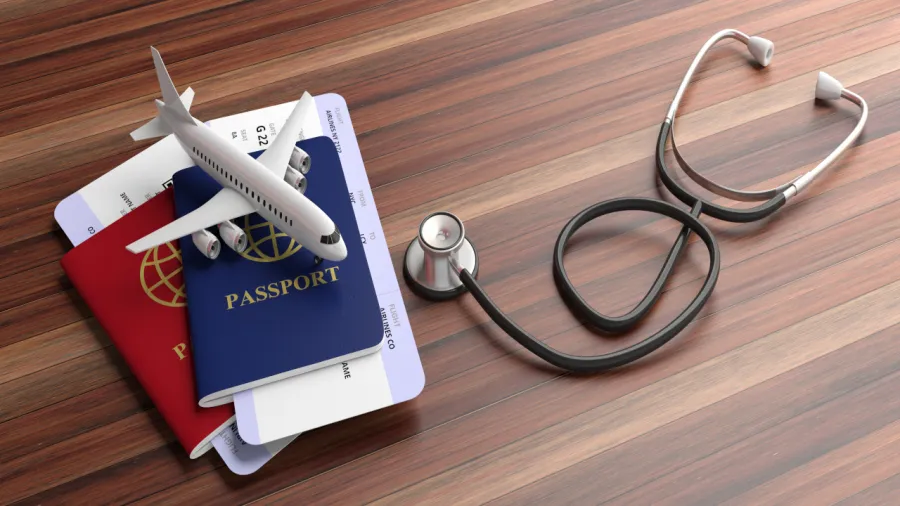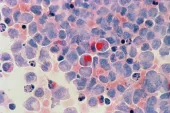
Medical travel in Asia rebounding: IHH
The rebound is caused by vaccination progressing and borders reopening across Asia.
Demand for medical tourism is starting to rebound and will grow beyond pre-pandemic levels as border restrictions ease, according to IHH Healthcare.
In an interview with Nikkei Asia, CEO Kelvin Loh said vaccination programmes progressing and borders reopening across Asia will make international patients return, and demand for medical tourism will surpass pre-pandemic levels in the longer term. He added border controls introduced by several countries to combat COVID-19 dampened medical tourism.
The hospital group highlighted returning patients in various countries. In Turkey, where IHH earned 16% of its revenue from medical tourism, patient numbers returned to normal within a month or two after the country reopened its borders. In Singapore, the company's hospitals received hundreds of bookings within a week of the city-state extending its quarantine-free entry scheme to Indonesia in late 2021. Before COVID, a quarter of IHH's total inpatient revenue in Singapore was from international patients.
The underlying dynamic for medical travel in Asia is the region's economic growth. Economic development tends to outpace the rate of medical development in certain countries, so anyone who wants and can afford something that they cannot find locally will go abroad to get it. Healthcare in neighbouring countries, such as Indonesia, is improving but is not yet to the point where it takes away the necessity or desire for medical travel by those with the means to pay for it.
Amongst other key strategies to tap growing medical demand will be investments in technology, such as artificial intelligence that could improve the speed and accuracy of care.



















 Advertise
Advertise





